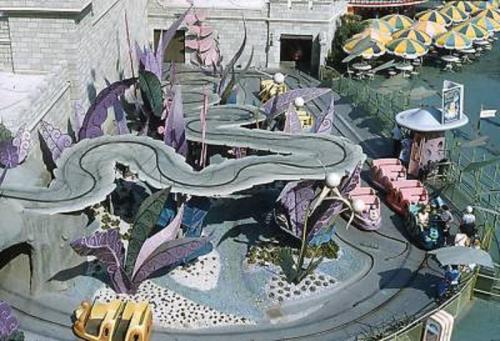Sorry, but that's not true to wit:
"Florida has some of the toughest rules in the country when it comes to the inspection and monitoring of carnivals and small amusement parks, experts say. But a loophole in state law exempts Florida's theme parks from those rules, which include government inspections.
OSHA is the Occupational Safety and Health Administration and has jurisdiction over ALL businesses with employees. Including theme parks.
That is a completely different agency. The theory is that these companies don't need such regulations because they are such high profile businesses and have so much money on the line, they would be able to effectively regulate themselves. However, businesses prove over and over again that once de-regulated, they are incapable of effective self regulation (I'm looking at you, airlines...you too, banks. And I haven't forgotten about you, Enron!).After a series of tragic theme-park accidents across the country in the late 1990s, Disney World, Universal and SeaWorld agreed to let state inspectors visit their properties in October 1999. Officials with the Fair Rides Inspection Bureau said those site visits gave them "a reasonable degree of confidence" in the parks' rides.
Again, that's not relevant for employees under OSHA. I think the real problem, which was seen during the monorail tragedy, is how toothless Florida's version of OSHA is. If I recall the fines weren't that high.Disney, Universal and SeaWorld later entered into a "memorandum of understanding" with the rides-inspection bureau to begin voluntarily reporting accidents that result in serious injury. The agreement defines a serious injury as one requiring "immediate admission and hospitalization in excess of 24 hours for purposes other than medical observation."
http://www.birket.com/articles/135

